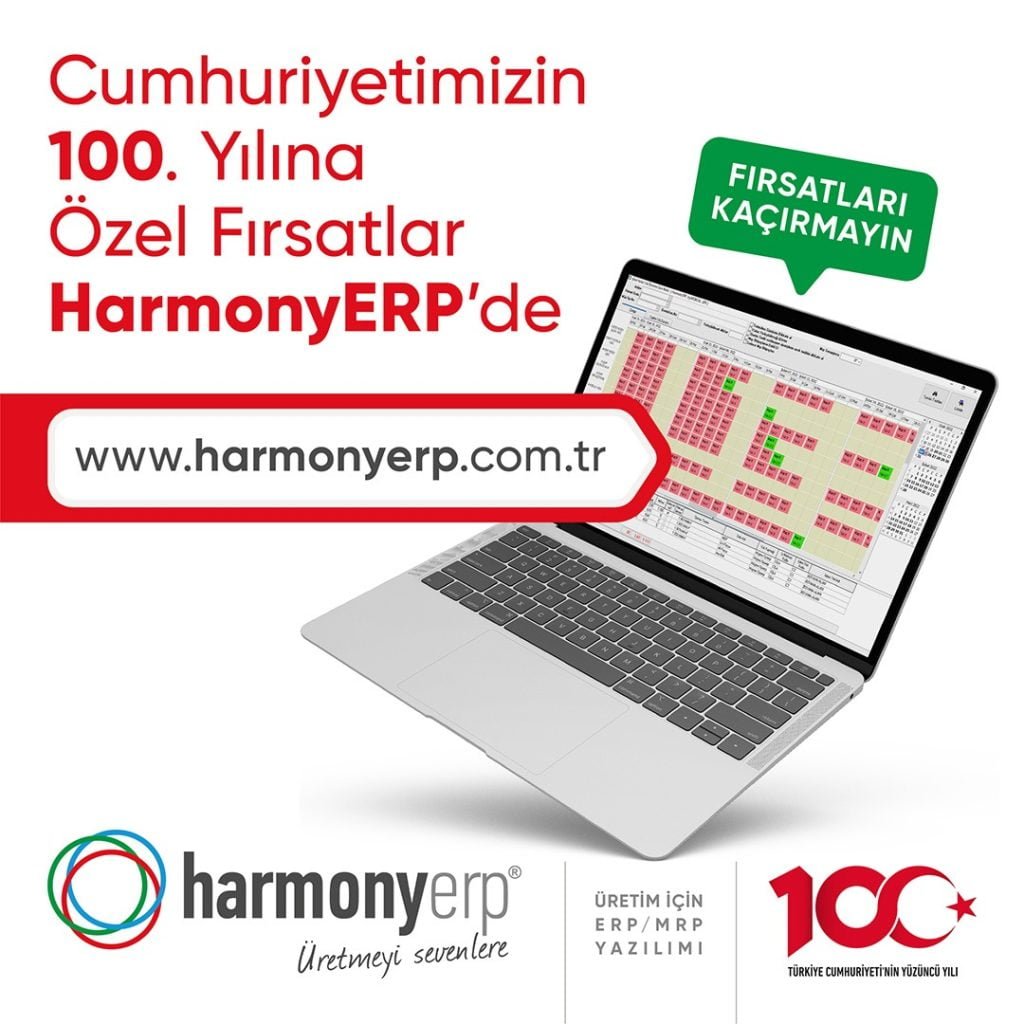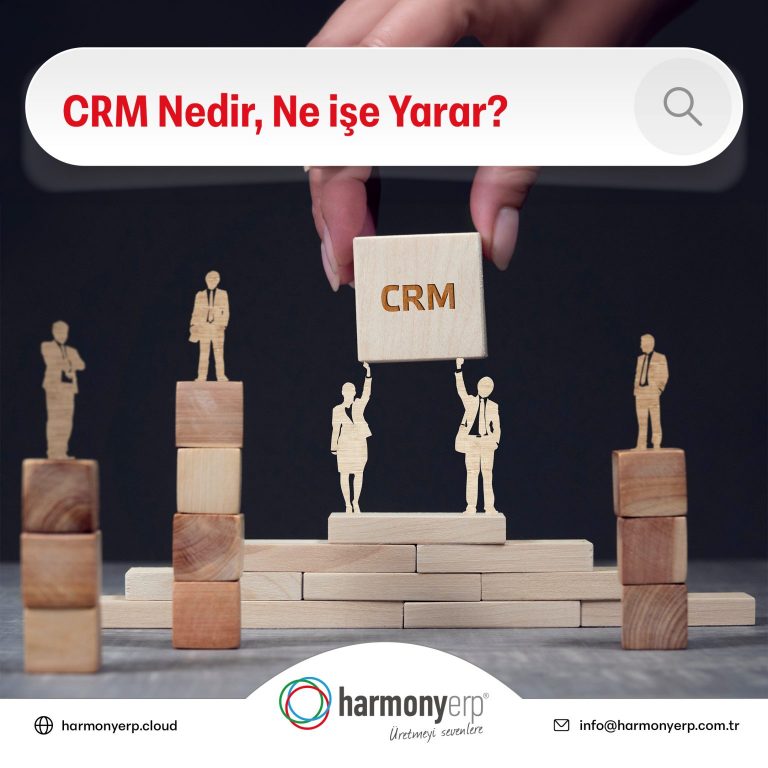What is a Financial Seal?

A fiscal seal is an electronic certificate used to ensure the security and authenticity of digital transactions. Although it is similar to an electronic signature, the financial seal is used especially by institutions and legal entities. In this article, we will provide detailed information on what a financial seal is, how it works, its legal bases, areas of use and advantages.
Definition and Function of Financial Seal
The financial seal is used to secure digital documents and transactions of organizations. The difference from an electronic signature is that the financial seal represents the corporate identity. This seal guarantees the accuracy and integrity of the organization’s digital transactions. The financial seal proves that digital documents and information are unalterable and reliable. It also enables organizations to transact securely in the electronic environment.
History of the Financial Seal
The financial seal has emerged with the acceleration of digitalization and the spread of electronic commerce. Especially in the early 2000s, the security and accuracy of digital transactions became an important issue. In this period, financial seal technology was developed and made available to institutions. In Turkey, the financial seal has a legal basis with the Electronic Signature Law No. 5070.
How Does the Financial Seal Work?
The working principle of the financial seal is based on cryptographic algorithms and digital certificates. The financial seal secures the organization’s digital documents and transactions by encrypting them. This process can be summarized as follows:
1. Certificate Providers
To create a financial seal, a corporate electronic certificate is obtained from authorized certificate providers. This certificate contains the organization’s credentials and public key.
2. Sealing
The digital document or transaction of the organization is encrypted with a financial seal. This encryption process is performed by calculating the hash value (hash value) of the document. The hash value is unique to the content of the document and changes with even the slightest change. The hash value is encrypted with the institution’s private key and the financial seal is created.
3. Verification
The recipient recalculates the hash value of the document and uses the institution’s public key to verify the financial seal. If the calculated hash value matches the hash value found in the seal, the seal is valid and the integrity of the document is preserved.
Legal Basis of the Financial Seal
In Turkey, the financial seal is regulated by the Electronic Signature Law No. 5070. This law sets out the legal and technical principles of the financial seal. According to the Law, the financial seal has the same legal validity and proof power as an electronic signature. The validity of the fiscal seal is ensured by qualified electronic certificates issued by secure electronic certificate providers. In addition, the use of the fiscal seal is regulated by communiqués and regulations issued by the Revenue Administration (RA).
Areas of Use of Financial Seal
Financial seal is used in many different areas. It is widely used to ensure the security of digital documents such as e-invoice, e-ledger, e-archive and e-dispatch note.
1. E-Invoice
E-invoice refers to invoices created and sent electronically. The financial seal is used to ensure the security and accuracy of e-invoices. During e-invoice sending, the invoice is encrypted with the financial seal and transmitted securely to the recipient.
2. E-Ledger
E-ledger is an application that enables businesses to keep their accounting records in a digital environment. The financial seal guarantees the security and integrity of e-books. E-books are encrypted with the financial seal and transmitted to the Revenue Administration.
3. E-Archive
E-archive refers to the storage and archiving of digital documents. The financial seal ensures that e-archive documents are stored securely and verified when necessary.
4. E-Waybill
E-waybill provides digital documentation of goods shipments. The financial seal is used to ensure the security and accuracy of e-waybills. The e-waybill is sent encrypted with the financial seal and verified by the recipient.
Advantages of Financial Seal
The financial seal offers many advantages to organizations. These advantages are important in terms of ensuring the security of digital documents, speeding up transactions and reducing costs.
1. Security
The financial seal ensures the security of digital documents and transactions. It guarantees that documents are unalterable and verifiable. This prevents forgery and fraud attempts.
2. Speed and Efficiency
The financial seal enables digital documents and transactions to be carried out quickly. Operations such as transportation and storage of physical documents are eliminated. This contributes to accelerating business processes and increasing efficiency.
3. Cost Savings
The financial seal saves costs by reducing the use of paper. Costs such as printing, transportation and storage of physical documents are eliminated. In addition, performing transactions in a digital environment saves labor and time.
4. Legal Validity
The financial seal has the same legal validity and proof power as an electronic signature. In this way, it ensures that digital documents and transactions are legally accepted. By using a financial seal, institutions can fulfill their legal obligations and transact securely.
5. Environmentally Friendly
The financial seal contributes to the environment by reducing paper use. The use of digital documents reduces paper consumption and waste generation. This makes it possible to adopt an environmentally friendly approach.
The Future of the Financial Seal
Financial seal technology will become even more important with digital transformation processes. With the integration of new technologies such as blockchain and artificial intelligence, the security and use of the financial seal will become more widespread. Blockchain technology in particular can offer secure signing processes in a decentralized and transparent structure. Blockchain enhances security by enabling financial seals to be recorded in an immutable and traceable way. Artificial intelligence can make significant contributions to detecting and preventing forgery in signature processes. By analyzing signature processes, AI algorithms can detect abnormal and suspicious behavior and thus prevent fraud. Further deployment and enhanced security of financial seal technology in the future will improve the security and efficiency of digital transactions.
A financial seal is an electronic certificate used to ensure the security and accuracy of digital transactions. The financial seal, which is used to secure digital documents and transactions of organizations, has a critical importance in terms of authentication and data integrity in the digital world. The legal basis, usage areas and advantages of the financial seal increase the importance and prevalence of this technology. In the future, with the integration of new technologies, the areas of use and security of the financial seal will expand even further. The correct and secure use of the financial seal will increase the security and efficiency of digital transactions. The financial seal is the key to secure and fast transactions in the digital world.







